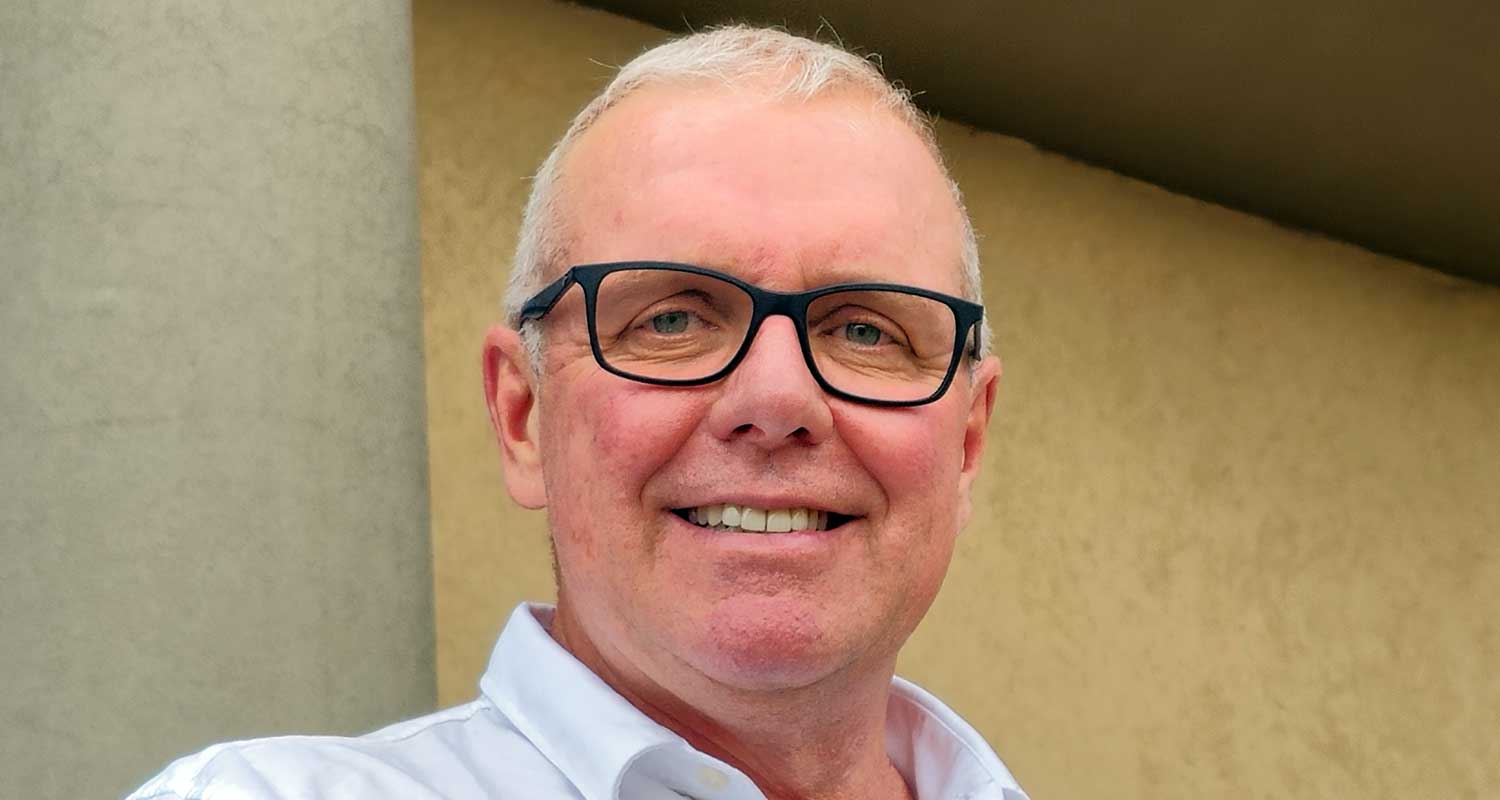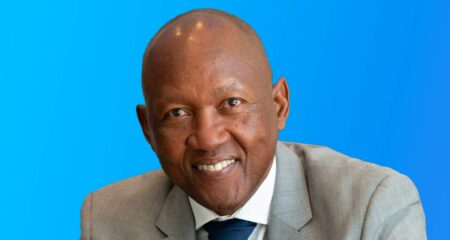
Comsol Networks, a telecommunications company 40% owned by Andile Ngcaba’s Convergence Partners and 25% by Nedbank Private Equity, is using its access to prime radio frequency spectrum bands to build private 5G networks for enterprise customers – and the company sees this as a lucrative and growing opportunity in telecoms in South Africa.
Unlike MTN, Vodacom, Rain and Telkom, which are building 5G networks for both businesses and consumers, Comsol’s 5G deployments – in mines and manufacturing enterprises, for example – are for private commercial use.
In an interview with TechCentral on Monday, Comsol CEO Iain Stevenson said the company, which spent several years building an enterprise-focused fixed-wireless access (FWA) network using 336MHz of bandwidth in so-called millimetre-wave spectrum at 28GHz, has also begun deploying private networks for enterprises in the 3.7GHz band. Comsol secured access to 60MHz at 3.7GHz in 2021 from communications regulator Icasa, along with four other small telecoms operators, a move that drew some criticism of the regulator.
Stevenson said Comsol has no interest in competing with the big mobile operators in serving the end-user consumer market. “We have been very cautious about which part of the market we tackle, and to stick to our knitting,” he said, adding that the company doesn’t have the balance sheet required to take on the majors directly. “We are not going to swing blows with the mobile network operators in their corner of the room.”
Although Comsol is engaged in projects with big mining and manufacturing firms, Stevenson said the company is also seeing growing demand from smaller towns and more rural areas around South Africa. It is piloting a 4G and 5G access network at a test site in the KwaZulu-Natal Midlands, where it has connected 300 users. If successful, it plans to replicate the model in other small towns around the country.
Earlier this week, Ericsson signed a reseller agreement with Comsol to private the Swedish firm’s private 5G solution into South Africa’s mining industry. Comsol plans to use the Ericsson solution to test various use cases for the mining sector and other industries, including augmented reality, autonomous vehicles and FWA.
Efficient
Stevenson said that because Comsol’s core infrastructure solutions do not require cooling and use DC power, they make more efficient use of batteries and can run for long periods on battery backup during load shedding and other power interruptions – a critical consideration for companies given South Africa’s power woes.
“Our networks do not go down during load shedding and, as a result, we are seeing churn away from the fibre network operators [to our solutions],” he said. “The medium is not that important; it’s about stability [of the connection]. People are struggling with LTE and load shedding. Often companies use LTE as a backup to fibre, and sometimes both go down.” — © 2023 NewsCentral Media




